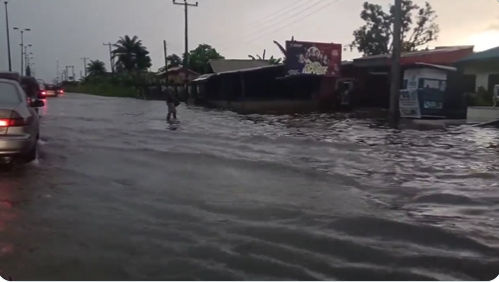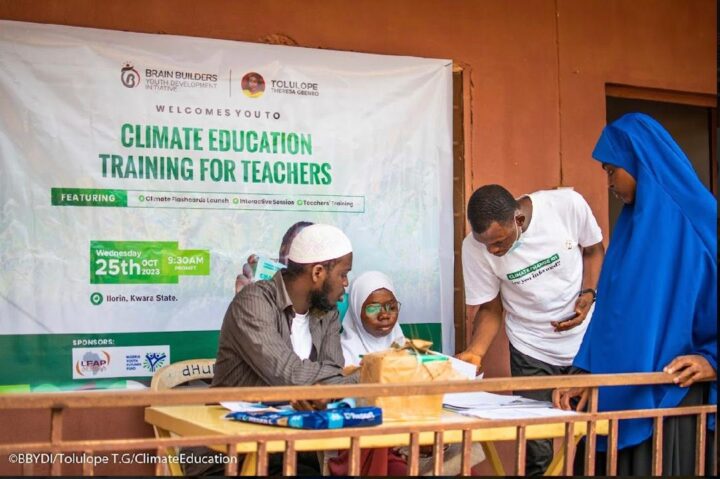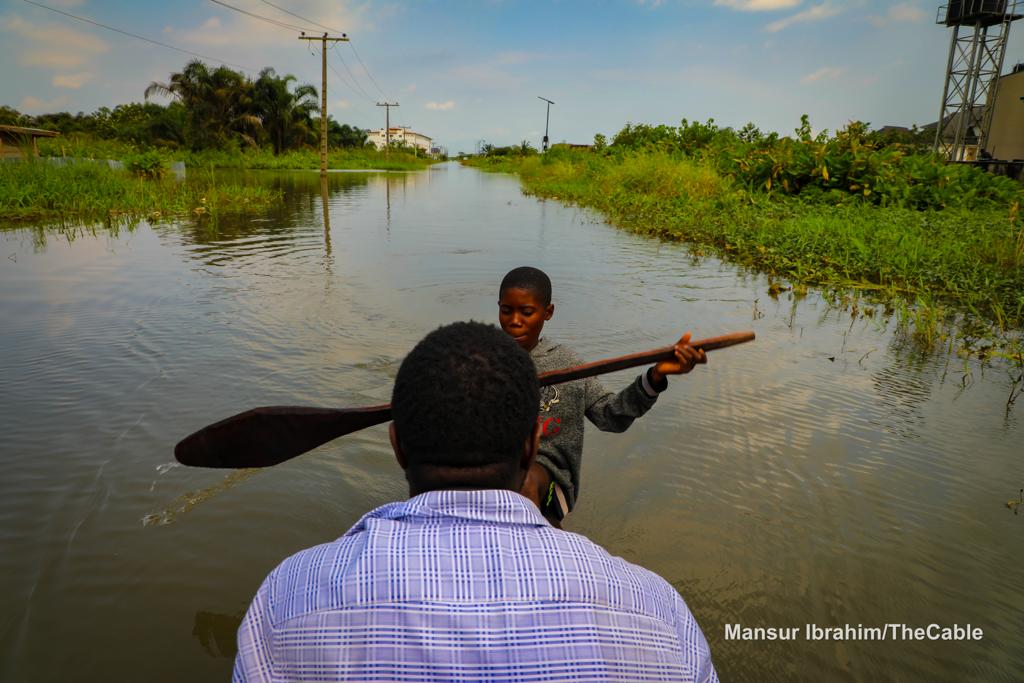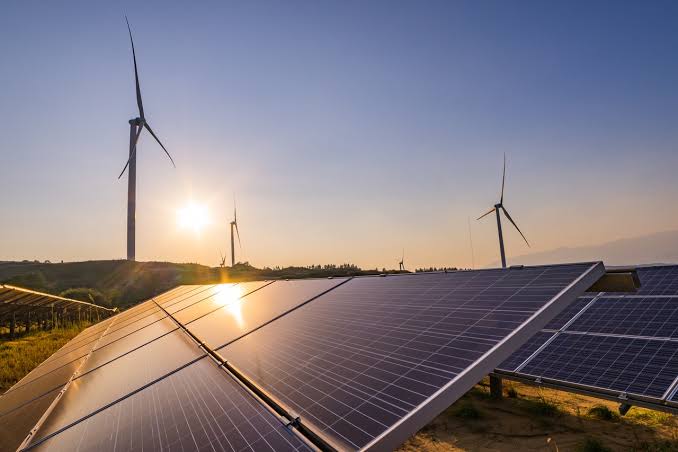Despite directly impacting our communities, health, and livelihood, climate-related reports usually take a back seat to dominant news beats like politics and business. Climate Watch aims to ensure you never miss important stories on climate change and actions being taken toward limiting its impacts.
Here is a round-up of last week’s climate stories:
- The federal government on October 25, assured residents of the Isheri community in Ifo LGA of Ogun state, of a permanent solution to flooding. Joseph Utsev, minister of water resources and sanitation, and Isiaq Salako, minister of state for environment, gave the assurance during an assessment of the flooded community. Salako said there is a need to undertake a comprehensive study of the community to permanently solve the issue of flooding. He said, “the President is aware of this problem, fully understands where the problem is and he has been very proactive in addressing the problem”. “I believe that we will find a permanent solution to the problem,” he added. On his part, Utsev said the federal government had set up a committee to assess the flooding situation in Isheri. “We are providing a solution to flooding in entire Nigeria, not only in Ogun. We believe that the solution has come,” he said.
- Umar Bago, governor of Niger, on October 22, said his administration would “aggregate” forests in the state for carbon credit and to mitigate the impact of climate change. Bago said the state would explore the opportunity to harness the full benefits of sustainable environmental practices. Read more here.
- A carbon brief investigation, published on October 25, found that up to 15,700 people died from the impacts of climate change in Africa in 2023. The investigation also found that 34 million people were affected by extreme weather disasters. The analysis which mapped different climate disasters, including cyclones, floods, heatwaves, wildfires, drought and famine, revealed that climate extremes on the continent mostly go unreported. This, it stated, is because Africa has the lowest density of weather stations out of any other continent. Find out more here.
- At a two-day green economy summit on October 24, Umar Bago, governor of Niger, said the state would launch a green economy blueprint to promote environmental sustainability. The governor said his administration has produced its “first green economy blueprint — a strategic document outlining a visionary roadmap that will shape our development choices and steer our actions, in alignment with the precepts of sustainability”. He said the initiative would cover various sectors, including renewable energy, transportation, infrastructure, agriculture, inclusivity, and tourism. Read more here.
- The Oyo government has dredged eight additional flood-prone rivers and streams across all zones in the state. Abdulmojeed Mogbonjubola, the commissioner for environment and natural resources, said the dredging was done to reduce the risk of flooding. The commissioner stated that the dredged rivers and streams include: Araromi river, Boroboro river, Isunwin stream in Oyo town, Ora/Laka river in Ogbomoso, Jalugbe stream in Ilero, and Telebu-Ayin-Opaleki river in Igboora. Others are Ogba stream, Iseyin; Koba stream, Ogboro road, Saki; and Fedomu river Igbeti in Oke-ogun area of the state. Find out more here.
Advertisement
Add a comment





